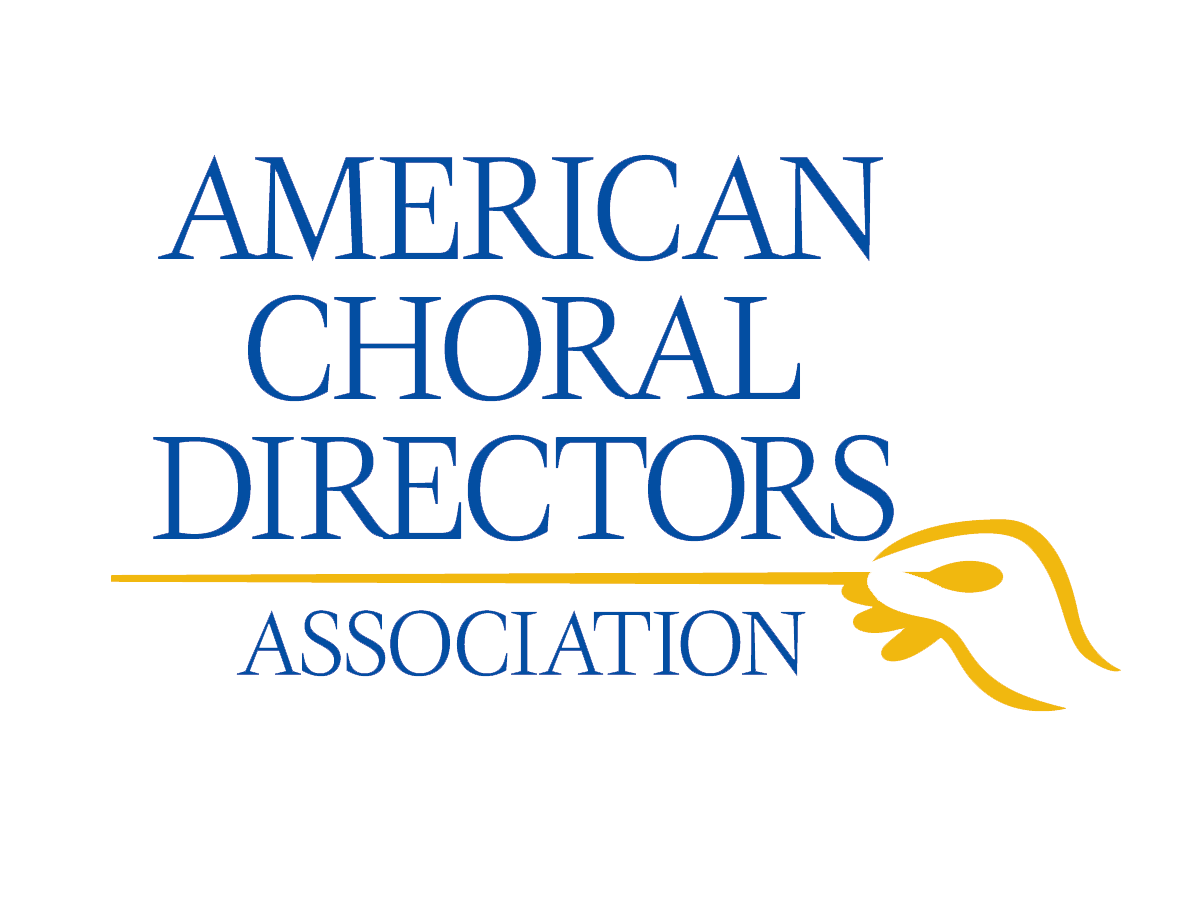The purpose of this qualitative descriptive study was to explore the intersecting landscapes of five public school music teachers who also served as church choir directors. A specific focus was placed on how bivocational participants performed dual roles in two different contexts, and how they called upon their own preparation in music and pedagogy to guide their work. Research questions were (a) How do bivocational music teachers make sense of their religious and professional crossroads? (b) How do bivocational music teachers negotiate the musical and pedagogical underpinnings of church and school? and (c) How do bivocational music teachers’ perspectives shape their work with students and congregations? Turner’s (1977) concept of liminality served as the theoretical framework for this study. Data sources consisted of semi-structured interviews, digital artifacts, and performance recordings. Overall, participants identified instructional, musical, intrapersonal, and religious crossovers as the most pertinent aspects of their dual roles in church and school, although personal spirituality was more nuanced. Participants appeared to live and work between various endpoints, along a liminal continuum, gliding between roles and identities associated with ritualistic practices in Christian churches and public schools. Implications include meeting diverse learners’ needs, identifying mentors in church music pedagogy, cultivating healthy church- and school-based networking, and assembling pedagogically-sound music resources for churches.


